Jellyfish seen swimming in Venice’s canals

Spotting a beautiful jellyfish serenely swimming through near-transparent waters in the canals of Venice would’ve been an unthinkable sight just a few weeks ago, but the global standstill created by coronavirus has now made it possible.
Flooding will affect double the number of people worldwide by 2030
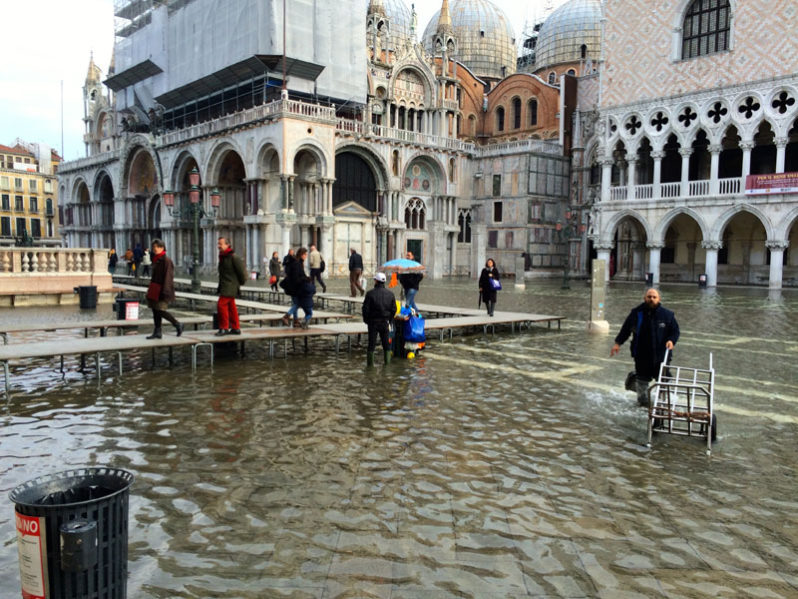
The number of people harmed by floods will double worldwide by 2030, according to a new analysis. 147 million people will be hit by floods from rivers and coasts annually by the end of the decade, compared with 72 million people just 10 years ago.
Fifty Years Past the First Earth Day, a Frayed Planet—and a Sublime One
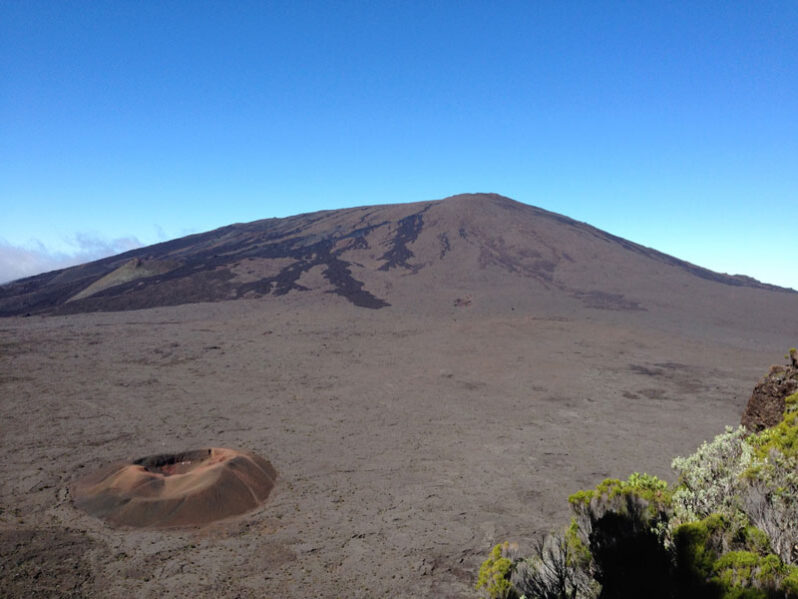
On the fiftieth anniversary of the first Earth Day, let’s think for a moment about the Earth—backdrop for our busy and dramatic life, but also a planet. Yes, it’s a planet badly degraded, and, yes, it’s a planet worth fighting for, as hard as we know how.
New model to improve accuracy of storm surge analysis
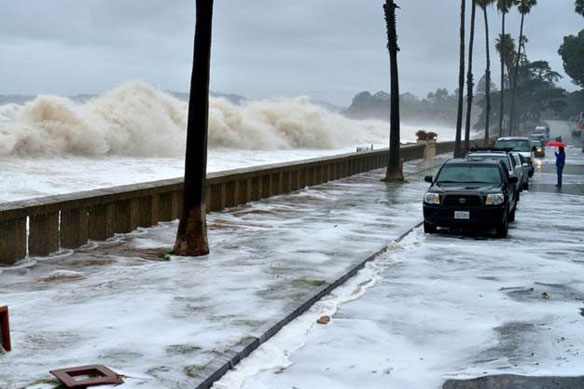
Accurately predicting how many people are at risk due to sea level rise and storm surges has always challenged scientists, but a new method is improving models that account for the impact of these natural occurrences.
Will Florida be lost forever to the climate crisis?
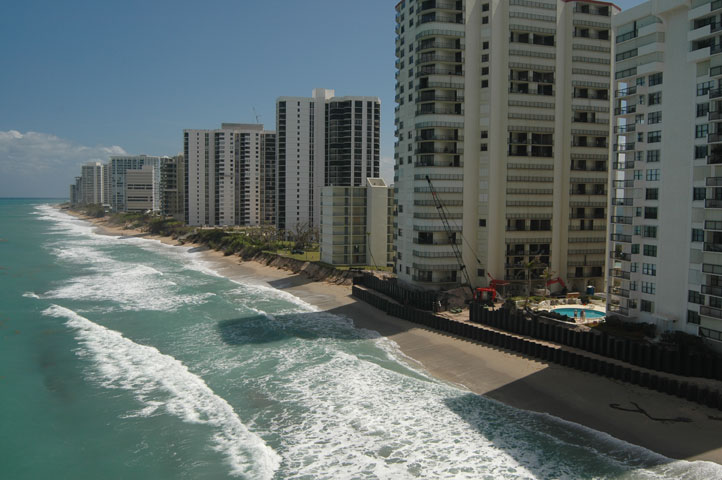
From sea level rise to habitat loss, the effects of the climate crisis are on the verge of making south Florida uninhabitable.
North Pole soon to be ice free in summer

The Arctic Ocean in summer will very likely be ice free before 2050, at least temporarily. The efficacy of climate-protection measures will determine how often and for how long. These are the results of a new research study involving 21 research institutes from around the world.
10 years after BP spill: Oil drilled deeper; rules relaxed
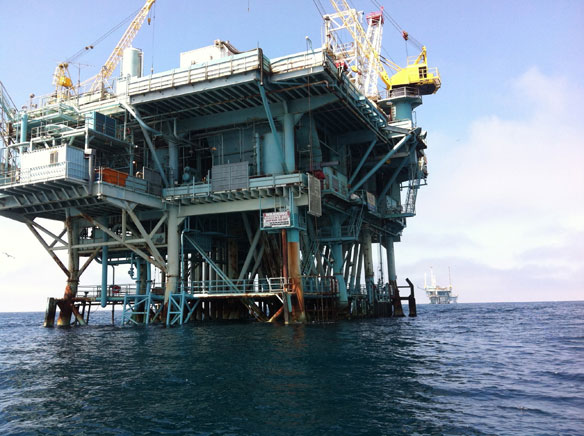
Industry leaders and government officials say they’re determined to prevent a repeat of BP’s Deepwater Horizon disaster. Yet safety rules adopted in the spill’s aftermath have been eased as part of Trump’s drive to boost U.S. oil production.
Eurasian ice sheet collapse raised seas eight metres: study
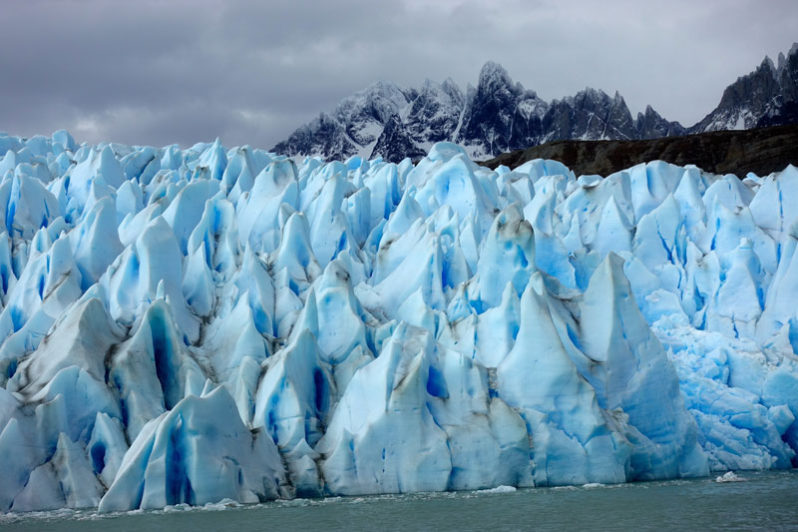
Ice sheets melting or breaking away as global temperatures rise are subject to what climate scientists term temperature “tipping points”. Many researchers fear that the ice sheets in Greenland and West Antarctica will continue to melt even if warming is slowed as carbon emissions are cut.
‘We’ve been abandoned’: a decade later, Deepwater Horizon still haunts Mexico
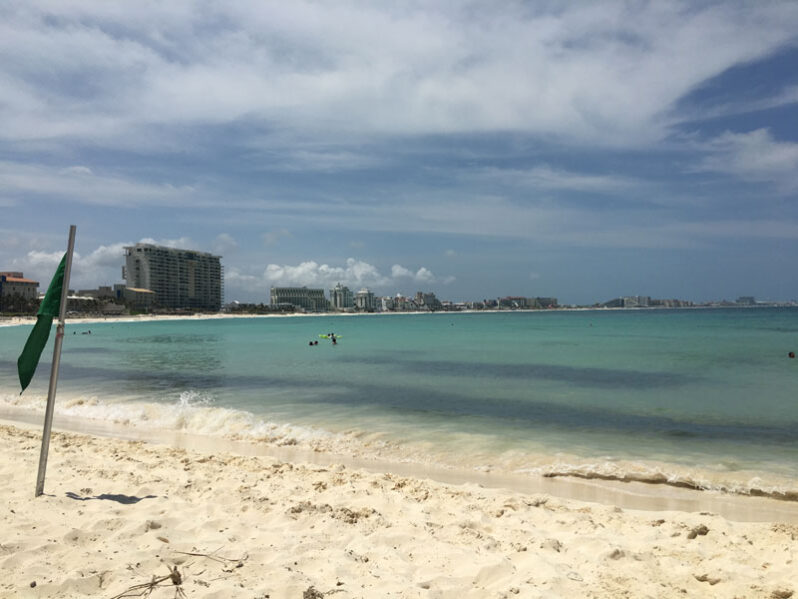
Amid public and political outrage in the US, BP took full responsibility for the worst oil spill of the 20th century. But BP denied the oil reached Mexico, claiming the ocean current propelled the huge spill in the opposite direction. However, fishermen and Mexican scientists knew this wasn’t true.
